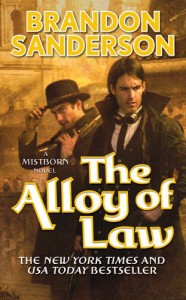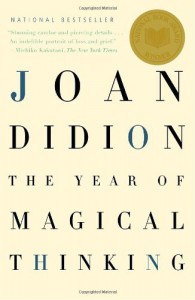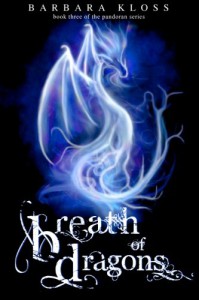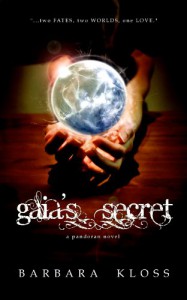
REVIEW: Elantris (Elantris, #1)

Elantris is definitely one of those books in which the whole is greater than the sum of its parts. As I'm sitting here, trying to think of ways to break this book down for my review, I find myself feeling almost lukewarm toward each particular element. The magical system involving runes is nothing to write home about (no pun intended), the characters are likable but lack depth, and the story is intriguing but not in an, "Oh my god I need to know what happens next," kind of way. And yet, when all combined together into the book that is Elantris , the end result is something wonderful and entrancing. Kind of like how I would never enjoy eating raw sugar, eggs, flour, or butter, but when baked together into the form of a cookie? Ohhhh yeah.
Although a lot of themes within the story of Elantris are familiar, the plot itself is pretty unique. Ten years ago, the Reod destroyed the divine city of Elantris. No one knows what caused the Reod, but it turned the once beautiful city of Elantris into ruin, and its godlike citizens into decaying wretches. Prince Raoden of Arelon is turned into one of these damned creatures, and, in his exile to Elantris, must find a way to restore hope and order to the Elantrians. As you can imagine, this is no easy task.
"Definitely not — you optimists just can't understand that a depressed person doesn't want you to try and cheer them up. It makes us sick."
Meanwhile, Wyrn, the emperor of Fjordell, plans to make Arelon a part of his theocratic empire. Whether this subjugation comes from peaceful religious conversion or whether it comes through bloody warfare is up to Hrathen, a Gyorn (high-priest) of Fjordell.
While the majority of Elantris won't have you on the edge of your seat (until you get closer to the end, that is), the mounting tension throughout the book will keep you flipping the pages. Knowing that the threat of the Fjordell empire looms ominously over Arelon and Elantris like a ticking time bomb, even as the main characters have no idea of the danger that awaits them, will keep you riveted at all times. It's the city of Elantris, though, and the life of the people within it, that I found most intriguing. Life there just seems to miserable, beyond even imagining, and I loved following Raoden's struggle as he determinedly tries to overcome the city's ever-present aura of misery and pain. This is a byproduct, of course, of Sanderson's amazing world-building, which is always a major strength of his.
Generally, Sanderson tends to excel in his characterizations, but in Elantris ? Not so much. This isn't to say that the characters are bad or unlikeable or not compelling, of course. They do, however, lack depth. Raoden, although swoon-worthy, is just a little too perfect (okay, a lot too perfect). For those of you who've read the Mistborn trilogy, he was kind of like an Elend prototype, without any of Elend's flaws. As for Sarene, Raoden's betrothed from the Kingdom of Teod - well, I appreciate that she's a strong female presence, and yes she's a clever girl, but she's definitely my least favorite of Sanderson's heroines that I've encountered so far. She's the kind of girl that wants, above all things, to be married, which honestly made me kind of hate her a little bit.
My favorite character in Elantris is Hrathen, the Gyorn (high-priest) from Fjordell. While it's easy to write him off at first as a villain, his character is much more complex than that. It's almost frustrating that Hrathen had multiple layers while Raoden and Sarene seemed to have only one, but at the same time, it just made Hrathen all the more fascinating by comparison.
Now, I can't really comment on the writing in Elantris , since I listened to the audiobook. However, I will say, for those of you who prefer audiobooks to dead trees or ebooks - get the Graphic Audio version if you can. I first downloaded the Audible version, narrated by Jack Garrett, and maybe I've just been spoiled by Michael Kramer, but oh lord did Garrett put me to sleep. So, I tried the Graphic Audio reading instead, and it was amazing. It's pricey, unfortunately, but if you have the money to burn you'll be hard-pressed to find a better production than this one.
I think from a more objective reader/reviewer this might be a 3.5 star book, which I perhaps subconsciously bumped up a half star due to my total fangirly love for Sanderson and everything he writes, or perhaps because of the awesome production made by Graphic Audio. Yet, when we get down to it, the point is that I really loved this book, and would eagerly recommend it to anyone who enjoys a good dose of high fantasy to help make the medicine go down.
 2
2










 1
1




 3
3
















